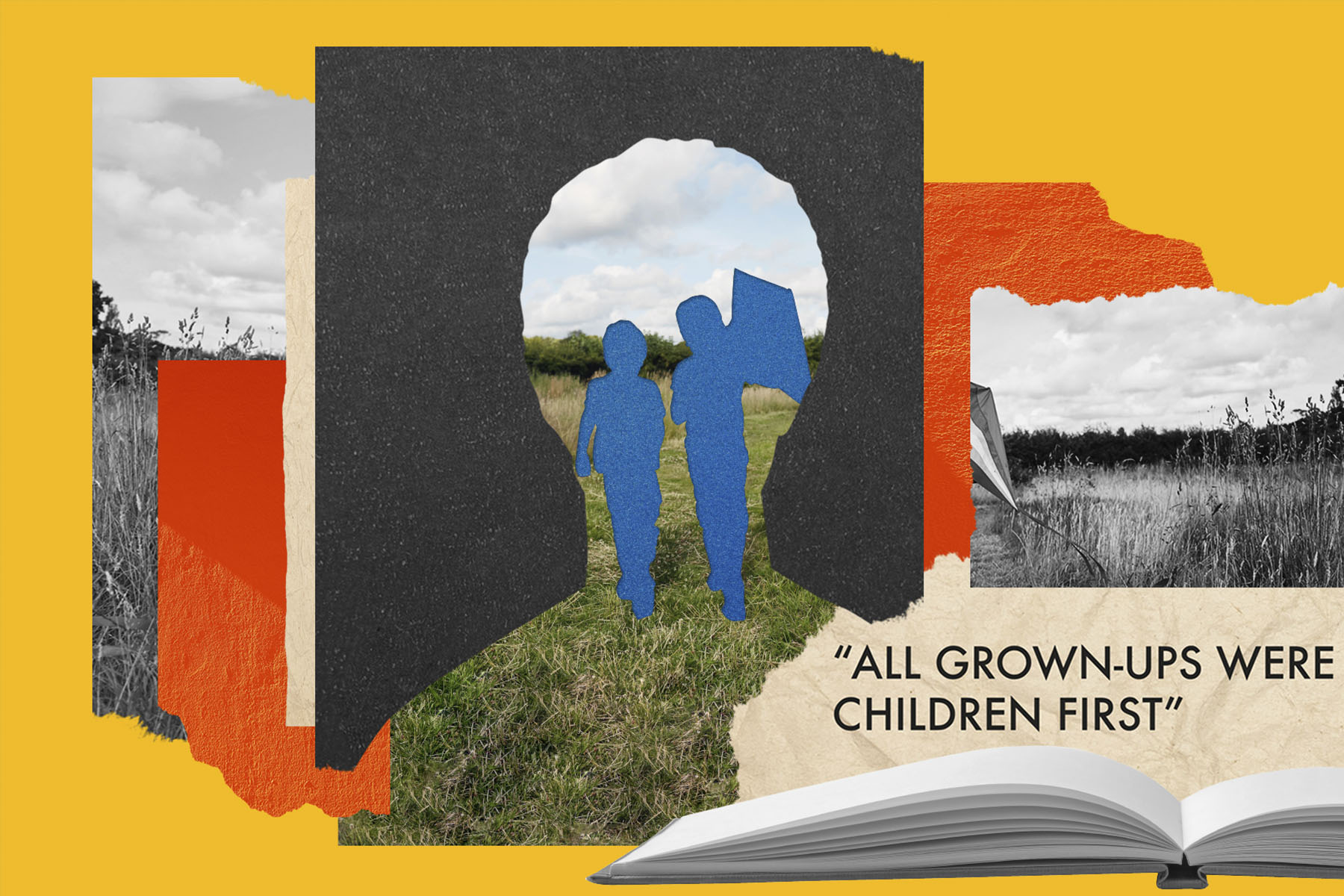- Home |
- Search Results |
- 10 of the most intriguing book dedications in fiction
10 of the most intriguing book dedications in fiction
From cryptic clues to funny jokes, heartfelt dedications to political statements, sometimes authors go the extra mile when devoting their work to someone. From James Baldwin to Agatha Christie, here are some of our favourites.

When you first open a book, do you read the dedication? Chances are you don't – unless you're a close, personal friend of the author wondering if, this time, they're finally going to acknowledge all you've done for them and put your name in print.
If that's not the case you may, as writer Tim Dowling wrote, consider the dedication page “just some soppy, private transaction of the heart tacked on at the last minute.” But you could be wrong. Sometimes, authors go beyond the usual platitudes and turn a dedication into a work of art in its own right.
The perfect dedication (strictly not to be confused with an acknowledgement at the end) can be romantic, poetic, clever, profound, or very funny. It can set the tone for what's to come, reflect the writer's intent or even give you a flicker of backstory you'd otherwise miss.
It's a tough art to master. But here are ten examples of author's who did just that.
The stunningly beautiful
The weary harrumph
The leveller
The Secret Adversary by Agatha Christie (1922)
“To all those who lead monotonous lives, in the hope that they may experience at second hand the delights and dangers of adventure.”
Background: This was only Agatha Christie's second novel, but she already knew the power of a good detective mystery. Perhaps it was also an oblique reference to her own life in the early 1920s, as a housewife prone to depression with an unfaithful husband and a small child in tow.
The humble shout-out
The political statement
Blues for Mister Charlie by James Baldwin (1964)
“To the memory of Medgar Evers, and his widow and his children, and to the memory of the dead children of Birmingham”
Background: This was James Baldwin's visceral second play, inspired by the brutal lynching of Emmett Till, a Chicago teenager murdered in Mississippi in 1955 after allegedly whistling at a white woman. But this dedication had a broader and more personal significance. Medgar Evers was a prominent civil rights activist and cherished friend of Baldwin who was shot dead in his driveway by a white supremacist in 1963, as his family watched from a window.
Three months later, a KKK hit squad bombed the Sixteenth Street Baptist Church in Birmingham, Alabama, killing four young black girls attending Sunday school. Both atrocities hit Baldwin hard, so he dedicated his angriest work to them.
The heart-warmer
The cryptic tongue-in-cheeker
The series-end curtain call
Harry Potter and the Deathly Hallows by J. K. Rowling (2007)
"The dedication of this book is split in seven ways: to Jessica, to David, to Kenzie, to Di, to Anne, and to you, if you have stuck with Harry until the very end."
Background: This was the book that brought the most successful book series in history to an end, ten years after J. K. Rowling changed the world with Harry Potter and the Philosopher's Stone. The series has sold more than 500 million copies, been translated into 80 languages, inspired a series of blockbuster movies, launched a theme park, and turned Rowling from a single mother on benefits to being named the world's first billionaire author by Forbes. So it makes sense that she'd want to pay tribute to the legion of readers who hung upon her every word.
The grateful son
The meta-parody
Bertie Wooster Sees It Through by P. G. Wodehouse (1954)
“DEAR PETE (Wodehouse's editor),
I have rather gone off dedications these last forty years or so. To hell with them about sums up my attitude. Today, when I write a book, it's just a book, with no trimmings.
It was not always so. Back at the turn of the century I and the rest of the boys would as soon have gone out without our spats as allowed a novel of ours to go out practically naked, as you might say. The dedication was the thing on which we spread ourselves. I once planned a book which was to consist entirely of dedications, but abandoned the idea because I could not think of a dedication for it.
We went in for variety in those days. When you opened a novel, you never knew what you were going to get.
...
Nevertheless, partly because I know I shall get a very good lunch out of you but principally because you told Jack Goodman that you thought Bertie Wooster Sees It Through was better than War and Peace I inscribe this book
TO P.S.
Half a league
Half a league
Half a league
Onward
With a hey-nonny-nonny
And a hot cha-cha"
Background: The Pete in questions was Peter Shwed, P. G. Wodehouse's editor at Simon & Schuster. The dedication runs across several pages, in which Wodehouse goes on to parody the various ways authors have dedicated their books, from the “curt take-it-or-leave-it dedication” (TO J. SMITH) to the “nasty dedication" (To The Critics, These Pearls). It is well worth a read in full.